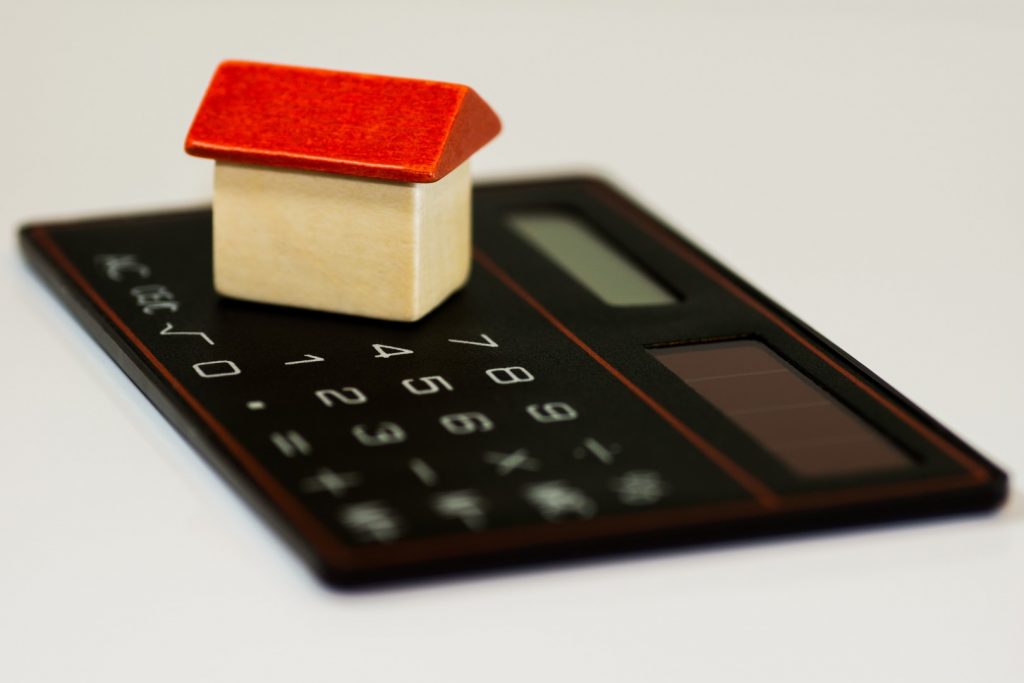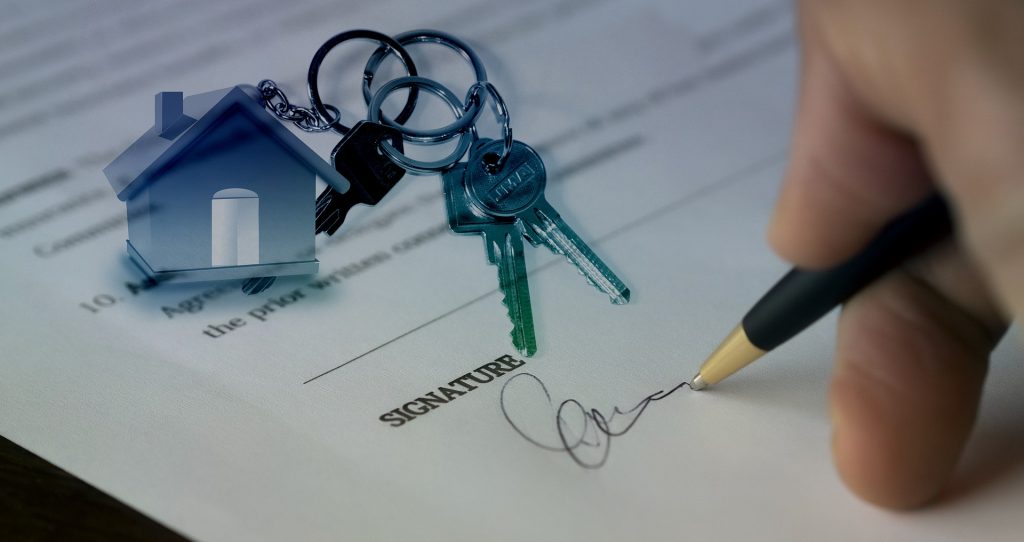What Is A Down Payment? 8 Things You Need To Know

What Is A Down Payment?
Put simply, a down payment is an initial amount of money you put down towards the overall cost of a purchase that will require monthly payments over a specified period of time. A down payment can be required for any personal or real property, though it is most commonly associated with buying a car or home. The amount you’re willing to pay up front is a big consideration to make, as it affects the overall cost you will be paying over time for that item, as well as the amount you will be paying each month during the term of the loan (the money you borrow from a lender to cover the rest of the cost).
When you are looking to buy a home, or any real estate, you will more than likely need to come up with a down payment (with a few limited exceptions). While the option of a low down payment can make it easier for buyers to qualify to buy a home, any offer lower than 20% of the property’s value will come with a requirement to have private mortgage insurance, or PMI. With an FHA guaranteed home loan, you can put in a down payment as low as 3.5% of the property’s overall cost. But doing this means you will need PMI.
How Different Loan Types Affect Down Payment Requirements
an FHA loan is markedly different to a conventional loan. Unlike conventional loans, FHA loans are guaranteed by the Federal Housing Administration. This provides more security for the bank in the event you are no longer able to afford to pay the loan back. With an FHA loan, your down payment requirement drops from 20% (though this varies from lender to lender) to as low as 3.5%, but in order to qualify, the FHA requires you to pay insurance for that loan.
So when it comes to weighing the pros and cons of making a down payment that requires PMI, the biggest question is, “how much will this cost me as opposed to the benefits of a low down payment today?”
You may decide that, since interest rates are currently very low, putting down whatever you can afford will offset the cost of PMI when it comes to paying a lower interest rate. Or you may decide that a higher down payment is better, if you can afford it, because it means skipping the cost of PMI. Your credit score will also affect your mortgage payments, as will the amount you’re borrowing and the amount of the down payment. Whether your loan rate is fixed or variable counts as well.
So How Much Should I Pay?

This depends on a few factors. The most obvious one is how much of a down payment you can afford. Other things to consider are:
1. The cost of the home
2. How much of a loan you qualify for
3. How much your mortgage will cost in order to pay off that loan
4. The cost of your homeowners insurance
5. What your interest rates are
6. Whether you’re willing to pay PMI
7. What type of loan you will be getting
8. How long you have to pay off the loan (shorter terms result in higher monthly payments, while longer terms result in lower monthly payments, but increase the overall cost due to interest payments over time).
9. The intended use of the home (i.e. are you planning to be the primary resident, or is this an investment property that will be paid for in part or fully by a renter?)
Navigating these decisions can be confusing, and a mistake can be very costly for a very long period of time. Don’t go it alone. Make sure you get it right by speaking with a specialist, or a financial advisor.
